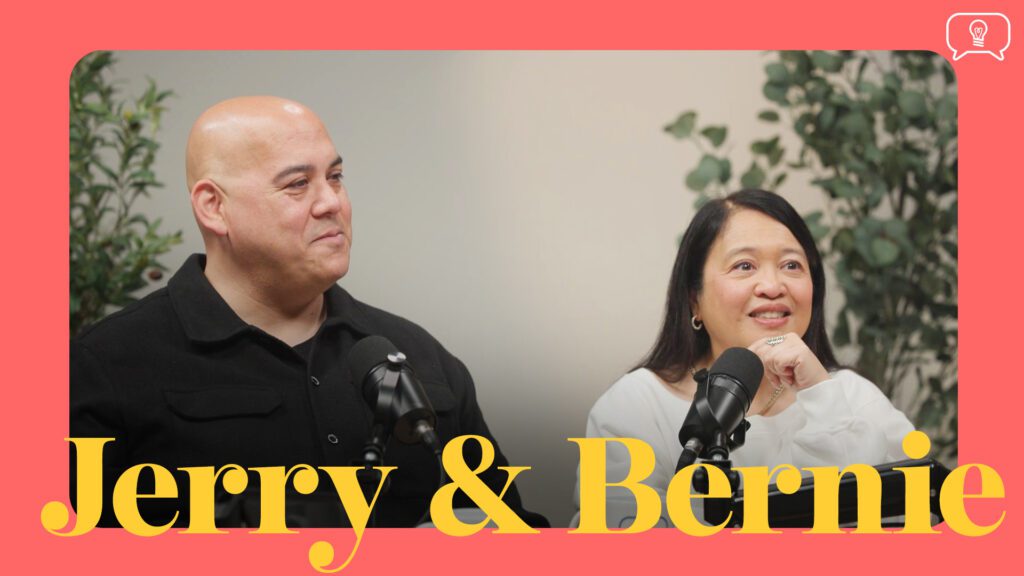James Raiz: Viral Success, Unimaginable Loss

While Box Office Artist James Raiz gained YouTube success, he faced devastating loss with his wife’s death. How faith helps him and his kids move forward.
Breaking Limiting Beliefs: From 240 to 26.2

A health scare at 31 forces JP to break his own limiting beliefs and transform into a marathon runner through faith, family and God by his side.
Mid-Life Career Change: 47-Year-Old Rookie

At 47, a retired stockbroker found the courage to chase his childhood dream of becoming a police officer. How faith guided his brave midlife career change.
The Mindset Shift That Builds True Resilience

Living with an inoperable brain aneurysm, a Christian woman shifted her mindset to build resilience through faith and biblical teachings.
Purpose in the Pain: The Sandwich Generation

A woman’s journey caring for her aging dad and her family helps her see the lessons beyond the struggle and discover God’s reason for choosing her.
Voice Notes: When Change is Inevitable

Real stories of resilience when life brings you changes. These voice notes reveal how people find meaning through life’s inevitable transitions.
A Life of Service – Part 1

Brother Andrey Silva was the lead singer of the Filipino boy band KAI. Join this conversation about his decision to make a significant change and dedicate his life to serving God.
A Life of Service – Part 2

Errol Viray and Brother Andrey Silva, former bandmates from KAI, recently came together for an intimate conversation reflecting on a challenging period in Errol’s life, where finding the true faith led him to a life of purpose and service.
Growing Up CODA: A Year Of Change

In this bonus episode, we catch up with Brother Ronnie and Brother Rowel David, children of deaf adults and ministers of the gospel in the Church Of Christ. It’s only been a year since we’ve aired the very first episode of this series, but a lot has happened since then. They talk about the unexpected tragedy that their family have had to face, how they continue to deal with it, as well as the perfectly timed blessing that they’ve received.
Keeping Your Christian Faith While in College

Meet Marielle and Chanelle. Marielle is an incoming college freshman and is getting advice from Chanelle, who graduated college last year and actually moved away overseas to study abroad. They’re having the tough conversation on how to keep your faith while away in college with new found freedom and surrounded by so much temptations. They’ll talk about how college can actually be a time to be even closer to God.
